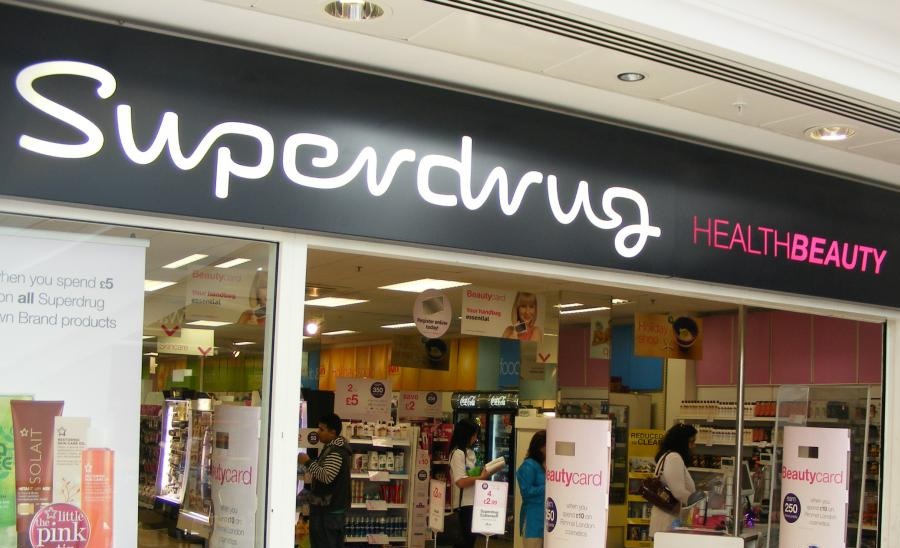‘High street HIV tests should be welcomed – but they won’t undo devastating cuts to sexual health services’
Superdrug's decision to sell home HIV testing kits can't won't alleviate the current crisis in the sexual health sector, writes Hadley Stewart.
By Will Stroude

We’re now able to pick up an HIV testing kit on our lunch breaks! Superdrug has become the first High Street store in the UK to stock the kits in the aisles, providing gay and bisexual men with another opportunity to take an HIV test.
It’s not the first time that sexual health has spilled onto the shelves at our local shops, of course, with condoms and the morning after pill already available for us to buy with our groceries.
That said, I wouldn’t be putting up the bunting just yet. A lack of education about HIV, coupled with an under-funded and struggling sexual health sector, are more pressing issues for the fight against HIV.
Public Health England say that around 10,400 people don’t know they’re living with HIV in the UK, which means that regular opportunities to test for the virus are important for all of us.

However, I’m somewhat sceptical about how many kits will actually be bought from Superdrug. We already have the option of buying home testing kits online, which are delivered straight to our homes. Not to mention that these kits are also available for free from organisations like the Terrence Higgins Trust.
What’s more, if you’re somebody who gets a bit anxious about buying condoms from a shop, then I can’t imagine you wanting to pop a HIV testing kit in you basket.
Let’s not forget why more of us are turning to home testing kits in the first place – we’re simply not always able to get through the front door of our local sexual health clinic.
This summer the BBC released findings of their investigation, which showed that 72 out of 151 councils said their sexual health funding would be reduced for 2018-19. Earlier this year, we heard about 56 Dean Street, London’s best-known sexual health clinic, was cutting its appointments from 350 a day to just 75, with patients there being encouraged to consider testing at home.

Nothing can replace a face-to-face appointment with a healthcare professional and it would be dangerous to suggest that these kits will be the magic solution to the current crisis within the sexual health sector. In fact, a long legacy of inadequate sex education for LGBT young people, and societal stigma towards people living with HIV, are more reasons for people to be given the opportunity to discuss any questions they might have with a clinician.
Home testing should be an option for as many people as possible, but it’d be concerning if they were thought of as a replacement for sexual health appointments.
It’s clear that the sexual health sector needs a stable foundation to continue to treat people who come through the door. Sadly, the government’s decision to axe funding means that this foundation has been significantly weakened. The new kits will provide people with the opportunity to test, but should somebody test positive, will they be able to get a timely appointment at their local sexual health clinic?
If trends concerning people being turned away from sexual health clinics continue, home testing may soon become our only option. This would result in those who can’t afford to purchase kits, or who don’t know about alternative services, slipping through the cracks.

Whilst the intentions behind this latest decision come from a place of encouraging more people to test for HIV, it’s clear that there are other more important issues that need addressing.
Much like building a house on quicksand, this new idea currently doesn’t have the stable ground to grow on. It seems obvious that issues surrounding sex education and waiting times for sexual health service need to be looked at urgently.
Home testing may be an option for some, but without suitable alternatives and adequate infrastructure around it, it’s little more than a Band Aid for a bullet hole.
Follow Hadley Stewart on Twitter @wordsbyhadley.
